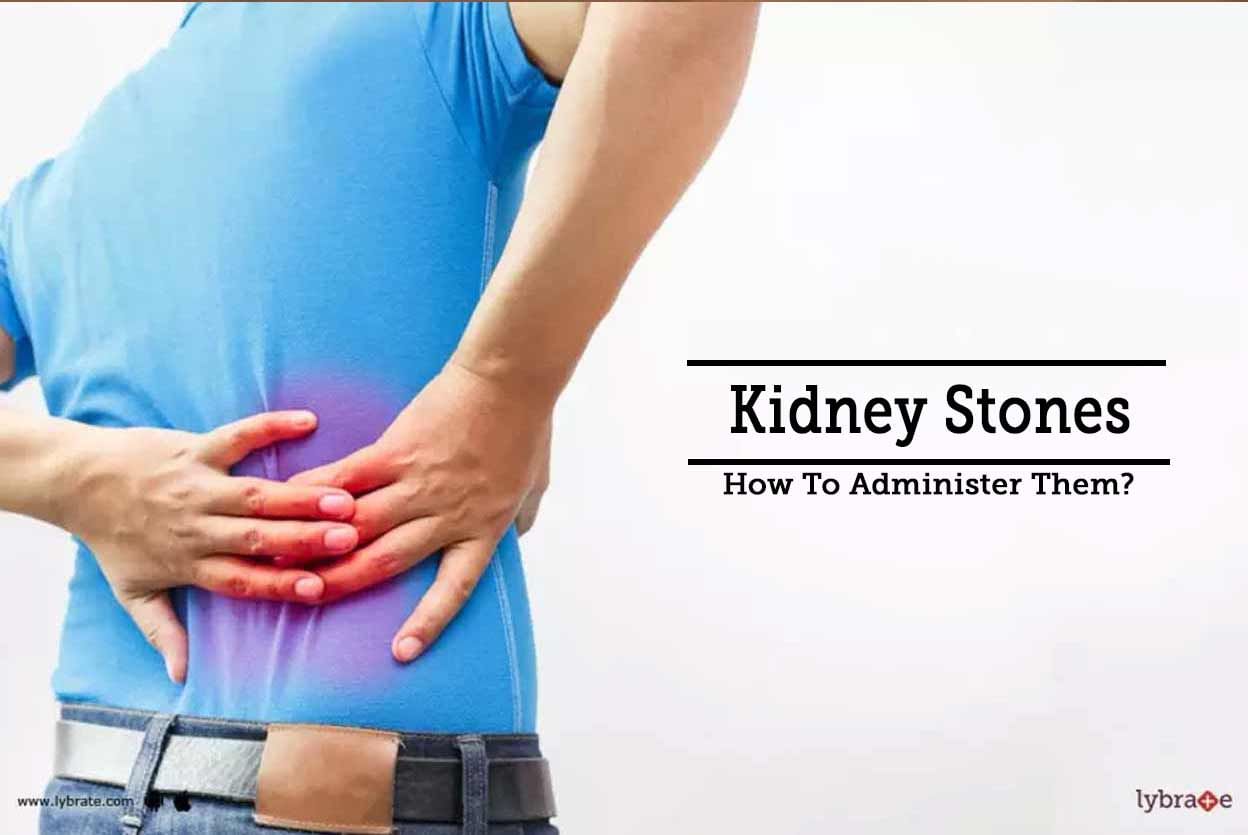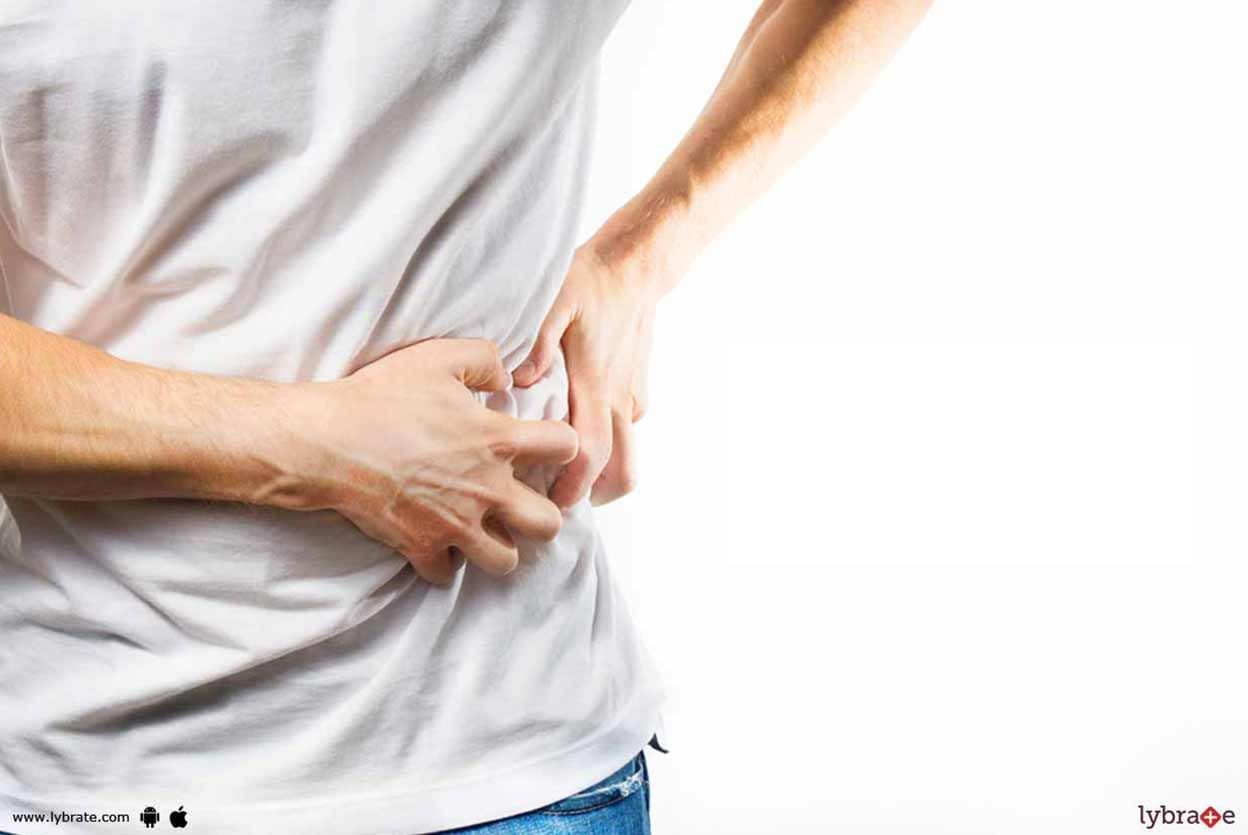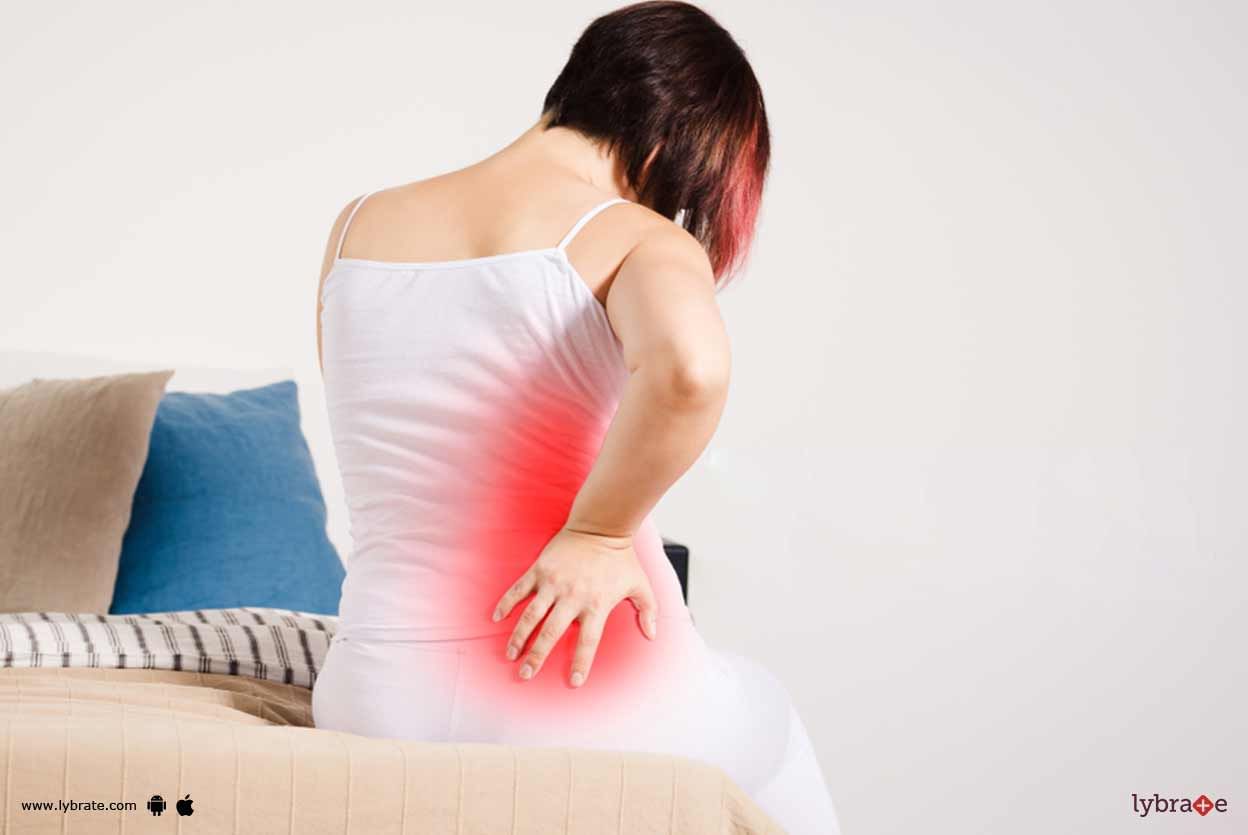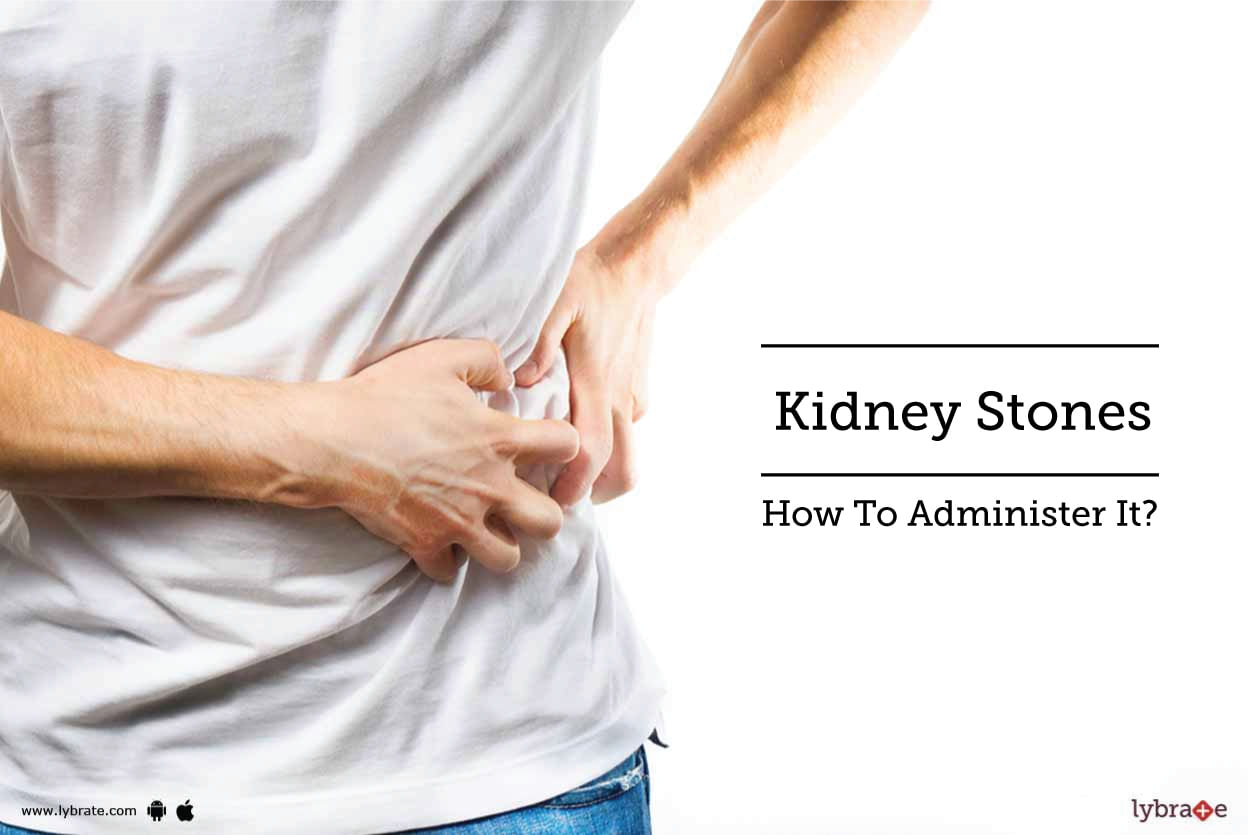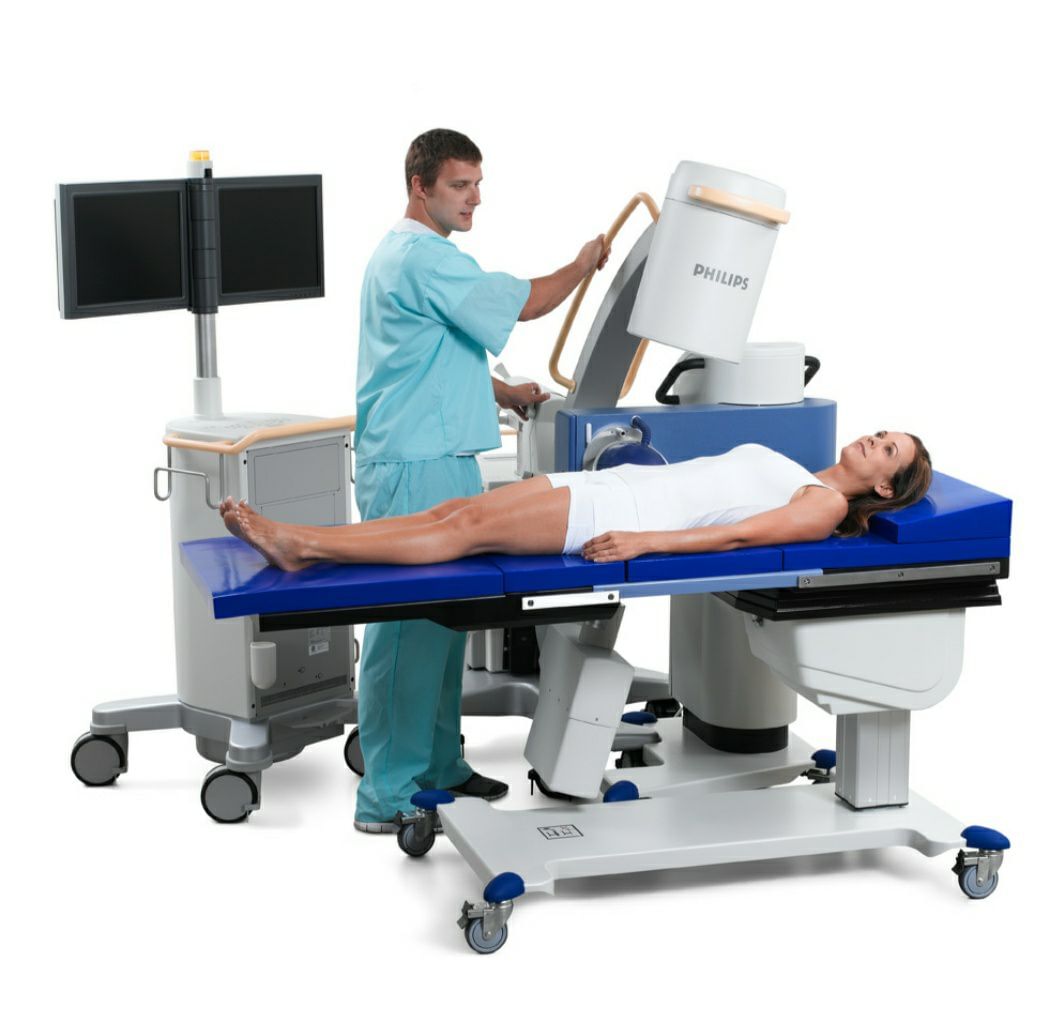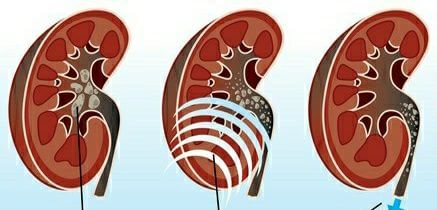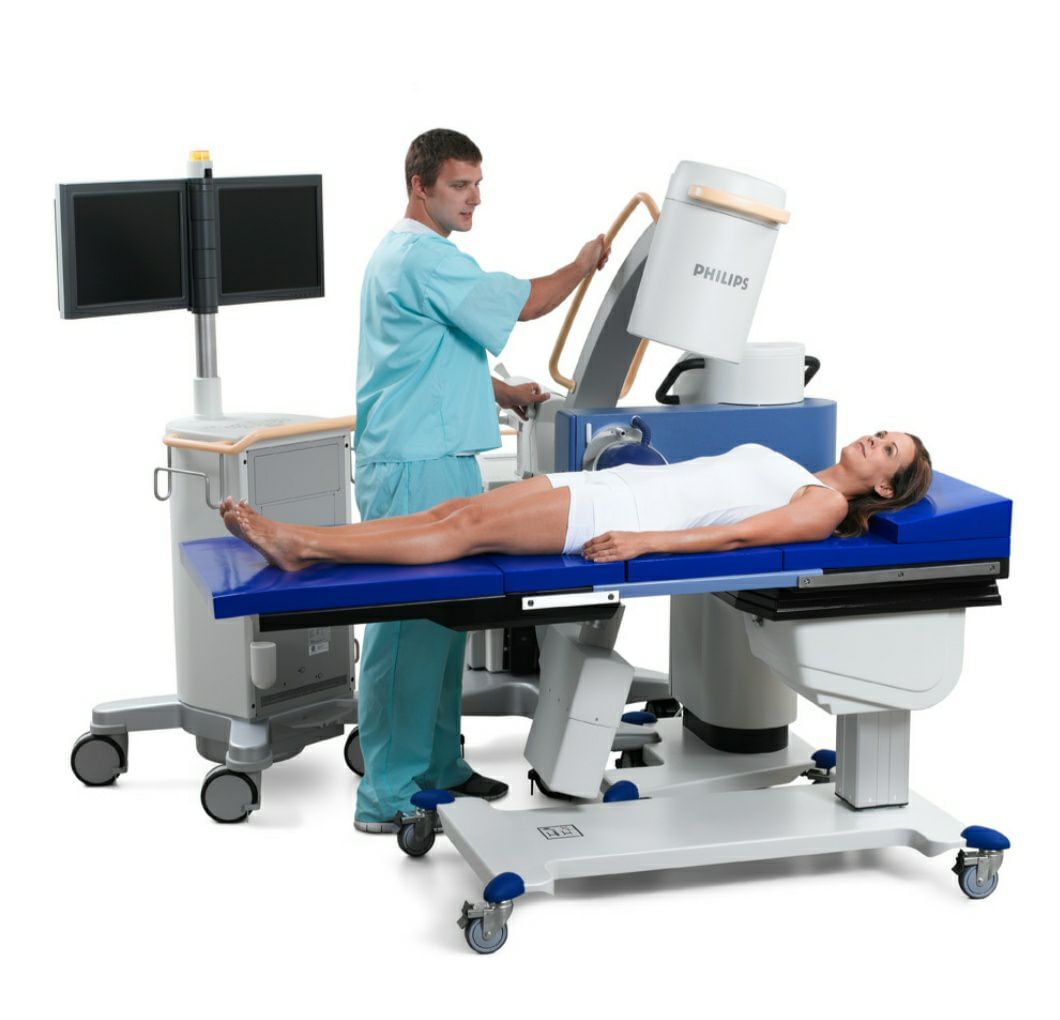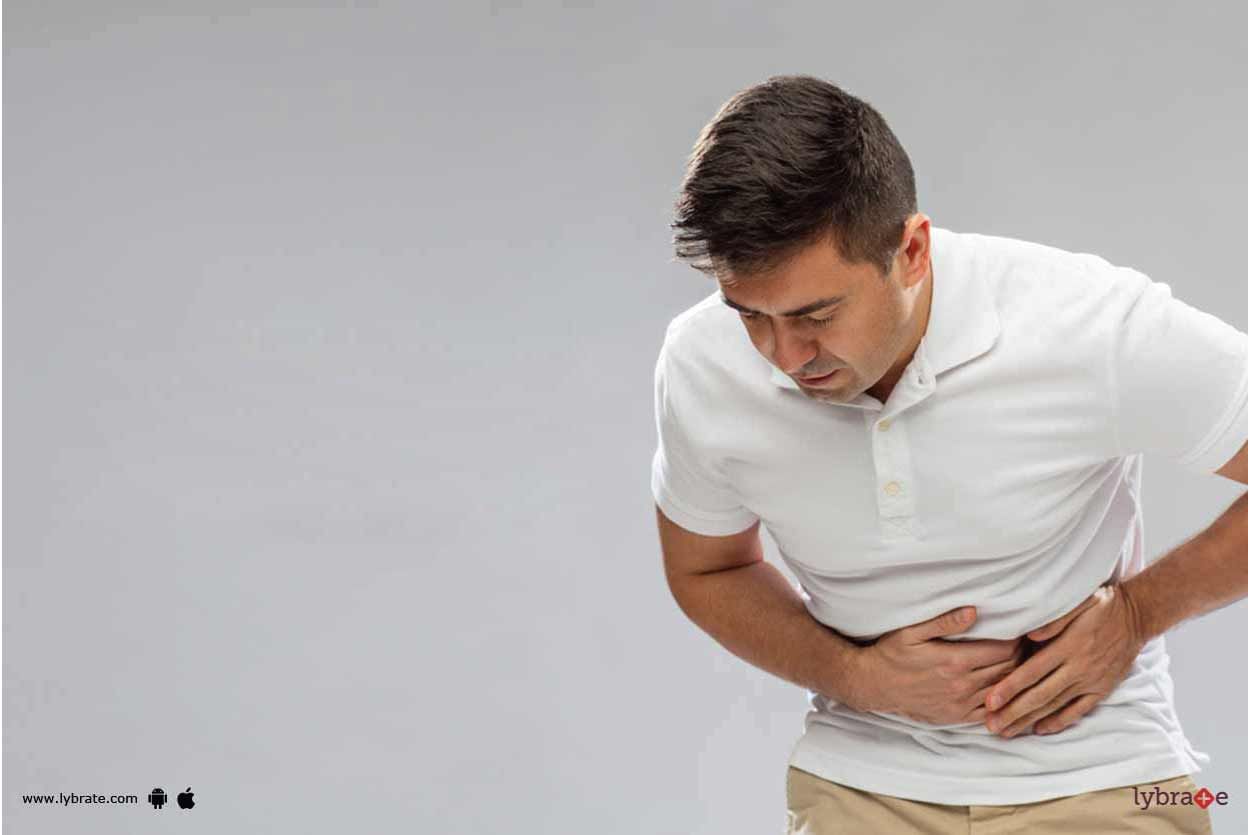Get the App
For Doctors
Login/Sign-up
About
Health Feed
Find Doctors
Health Packages
AllQ&AsTipsQuizzes
Kidney Stones Tips
Last Updated: 6 years ago• Featured Tip
Share
Bookmark
Report
Kidney stone formation is the most common kidney disease, and people who have had it, would immediately be reminded of the severe pain (loin to groin) in the back.
How stones are formed?
The kidney functions as the body s filters in removing wastes from the body through urine.
Most of the waste is in the form of salts and when there is excessive salts and reduced amount of water, there could be formation of crystals or stones in the kidneys.
Symptoms
Reduced am...more
How stones are formed?
The kidney functions as the body s filters in removing wastes from the body through urine.
Most of the waste is in the form of salts and when there is excessive salts and reduced amount of water, there could be formation of crystals or stones in the kidneys.
Symptoms
Reduced am...more
Last Updated: 6 years ago• Featured Tip
Share
Bookmark
Report
Having a stone in any organ of the body can be a harrowing experience but having a stone in your kidney is the most dreadful experience of the lot. The presence of a kidney stone causes excruciating pain in the host s pelvic area, and if the stone enters the urinary tract of the host, the misery of the patient increases manifold. The urinary tract may also get jammed due to the presence of the stone, thereby causing problems in the urinary flow of the patient.
Ways to Manage a Kidney St...more
Ways to Manage a Kidney St...more
Last Updated: 6 years ago• Featured Tip
Share
Bookmark
Report
Kidney stones have become a very common disease affecting millions of people worldwide. Kidney stones can be extremely painful. However, with advancements in medical science, this condition can be easily treated. So, you can put an end to all the angst and worry.
When we talk about stones, the first question that comes to the mind is, how can a stone form in one s kidneys?
Kidney stones are formed when the minerals and salt in the fluid get deposited in the kidneys. Incidentally, ki...more
When we talk about stones, the first question that comes to the mind is, how can a stone form in one s kidneys?
Kidney stones are formed when the minerals and salt in the fluid get deposited in the kidneys. Incidentally, ki...more
Last Updated: 6 years ago• Featured Tip
Share
Bookmark
Report
Kidney stones are often small enough and pass through urine without much bother. Most kidney stones are smaller than 4 mm in diameter. Having said this, even the smallest of kidney stones can be really painful until they pass through urine. It typically takes a couple of days for the body to get rid of it. While medication and self-care are the foremost options, there are a range of other options as well available for treating kidney stones.
Admission to a Hospital-
You must ge...more
Admission to a Hospital-
You must ge...more
Last Updated: 6 years ago• Featured Tip
Share
Bookmark
Report
There is a rich concentration of minerals in the kidneys, and when there is no sufficient medium to clear it out, these can form small crystals within the urinary tract and can settle anywhere along the urinary tract. Stones can, therefore, be found in any part of the kidney and the ureters, which connect the kidney to the bladder.
The pain that is associated with kidney stones is very diagnostic. It includes a sharp shooting pain in the back of the abdomen, on either side of the spine....more
The pain that is associated with kidney stones is very diagnostic. It includes a sharp shooting pain in the back of the abdomen, on either side of the spine....more
Last Updated: 6 years ago• Featured Tip
Share
Bookmark
Report
Extracorporeal shock wave lithotripsy (ESWL) for kidney stones
Treatment overview -
Extracorporeal shock wave lithotripsy (ESWL) uses electromagnetic waves to break a kidney stone into small pieces like sand particles that can more easily travel through the urinary tract and pass from the body.
You lie on a water-filled cushion, and the surgeon uses x-rays or ultrasound tests to precisely locate the stone. Electromagnetic waves pass through your body without injuring it and...more
Treatment overview -
Extracorporeal shock wave lithotripsy (ESWL) uses electromagnetic waves to break a kidney stone into small pieces like sand particles that can more easily travel through the urinary tract and pass from the body.
You lie on a water-filled cushion, and the surgeon uses x-rays or ultrasound tests to precisely locate the stone. Electromagnetic waves pass through your body without injuring it and...more
Last Updated: 6 years ago• Featured Tip
Share
Bookmark
Report
A kidney stone may not be as big as the stones in your garden but can be quite a pain. Kidney stones are actually mineral crystals formed that are usually a combination of calcium and phosphates. The size of a kidney stone ranges from the size of a sugar crystal to a ping pong ball. While some kidney stones pass out of the body with urine, others can block the urethra and become painful.
In addition to being painful, a kidney stone can cause permanent damage to your kidneys. Since larg...more
In addition to being painful, a kidney stone can cause permanent damage to your kidneys. Since larg...more
Last Updated: 6 years ago• Featured Tip
Share
Bookmark
Report
Kidney stones are a common health problem in our country. If left untreated, they can lead to pain, infection and in some cases even kidney failure.
ESWL (Extracorporeal Shops Wave Lithotripsy) is the only non invasive method of kidney stone treatment
Ultrasound guided ESWL has the added advantage of localizing the radiolucent calculi and provides a real time imaging of stone fragmentation.
ESWL (Extracorporeal Shops Wave Lithotripsy) is the only non invasive method of kidney stone treatment
Ultrasound guided ESWL has the added advantage of localizing the radiolucent calculi and provides a real time imaging of stone fragmentation.
Last Updated: 6 years ago• Featured Tip
Share
Bookmark
Report
Urinary calculi are common in some demographic areas of the sear (southeast Asia region) including India.
Whether present in the kidney, ureter or the urinary bladder, they can damage the kidney and can cause repeated urinary tract infections if not treated on time.
Many professions such as the aviation industry and naval services also do insist on the treatment of kidney stones as a prerequisite before recruitment.
ESWL or extracorporeal shock wave lithotripsy uses e...more
Whether present in the kidney, ureter or the urinary bladder, they can damage the kidney and can cause repeated urinary tract infections if not treated on time.
Many professions such as the aviation industry and naval services also do insist on the treatment of kidney stones as a prerequisite before recruitment.
ESWL or extracorporeal shock wave lithotripsy uses e...more
Last Updated: 6 years ago• Featured Tip
Share
Bookmark
Report
Kidney stones can range from being the size of a grain to a pebble. These stones can be described as crystallized mineral deposits in the kidneys. Some kidney stones can be passed out of the body along with urine while others may require surgery. Symptoms of having a kidney stone vary from mild to severe. In the case of very small kidney stones, the patient may not experience any symptoms at all. The 5 most common kidney stone symptoms usually experienced are:
Pain: Pain in the lower ab...more
Pain: Pain in the lower ab...more
Book appointment with top doctors for Kidney Stones treatment
View fees, clinic timings and reviews
Ask a free question
Get FREE multiple opinions from Doctors
posted anonymously




